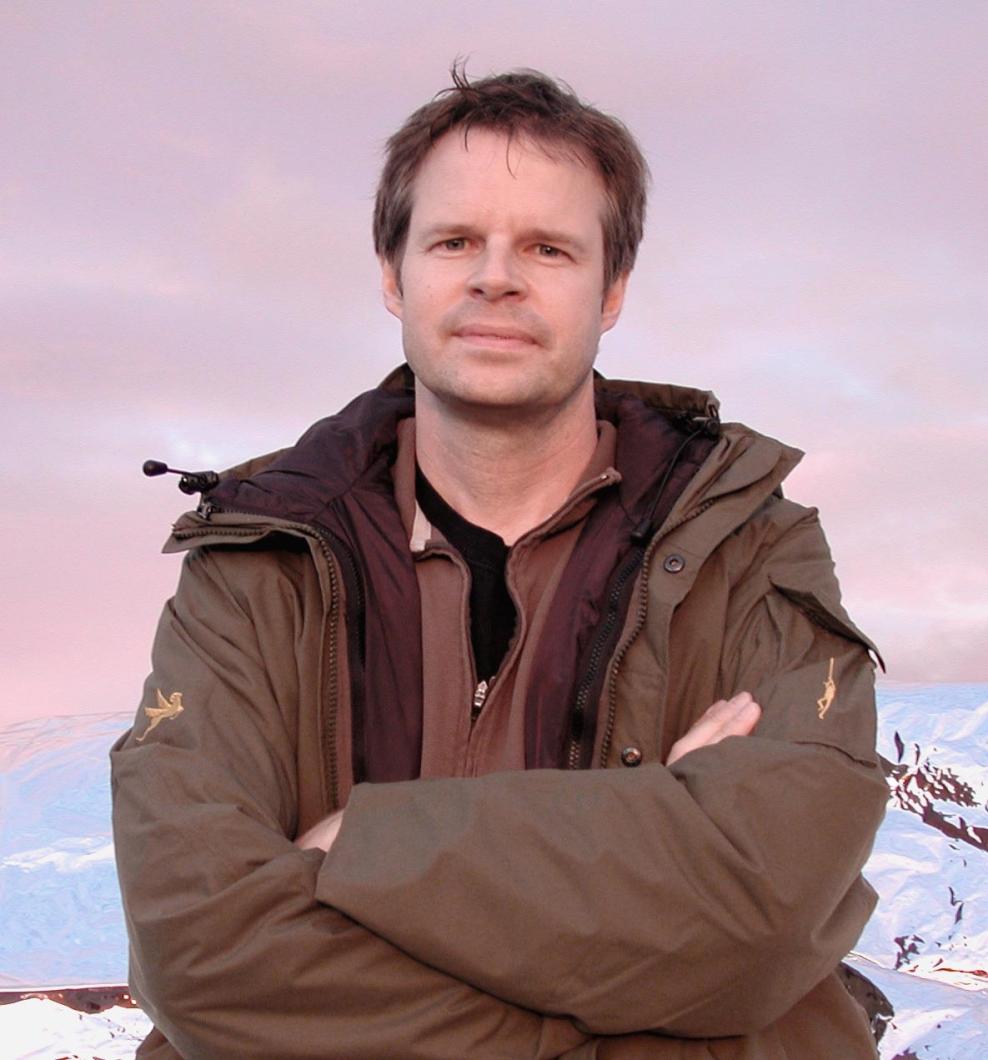You will not experience a more independent film at the Martha’s Vineyard Film Festival than Surfwise, a 93-minute recounting of the Paskowitz family saga. See it.
By turns hilarious and horrific, the film chronicles the 50-year social experiment of a surfing Jewish family.
The protagonist is Dorian (Doc) Paskowitz, a Stanford-trained medical doctor who abandoned a budding medical and political career in the mid 1950s to become a nomadic surfer. He met the mother of his children after two failed marriages and literally traversed the continent, creating nine children, surfing, teaching surfing in the U.S. and introducing the sport to Israel.
Mr. Paskowitz’s life philosophy smacks of Jean-Jacques Rousseau’s theory of The Man of Nature, described by the French existentialist two centuries earlier as “savage man, left by Nature to bare instinct alone .... His desires do not exceed his physical needs; the only goods he knows in the universe are food, a female, and rest.”
Surfwise’s subjects pursue an idyllic lifestyle: 11 people in a 24-foot trailer for several decades, out of contact with education, and without meaningful social interaction with the world at large.
The plot unfolds as the eight sons and one daughter become adults. Director Doug Pray’s focus shows the approach of the offsprings’ personal train wrecks, collateral damage from their father’s dream.
“I was opposed to the film idea at first,” Mr. Pray recalled in a phone interview. “I’m not a surfer. But that’s true of most of my films, I don’t have allegiances to the subject matter.
“But it’s rare to meet someone who has a dream, stands for it, and lives life according to their principles,” Mr. Pray said.
Yet “This road to greatness is paved with a lot of unhappy children. You pay the price for your dream,” he said of Mr. Paskowitz, now in his vigorous mid-eighties.
Doc Paskowitz’s view of the world celebrates intuitive decision making, education through experience, and poverty as empowering. He indicts the American dream as a form of physical and cultural suicide.
His views on lifestyle were often shaped by watching primates. His views on sexuality, for example, turn out to be both attractive and traumatic for his offspring. As a social contrarian, his views of health and wealth made life a hard row to hoe for his family. He was a hard man who demanded his brood literally toe the line to defend their lifestyle.
“Doc lived his dream but it raised other classic parent conundrums: when and how do parents let children go? what happens when they go into the world?
“His children have been successful in highly individualistic pursuits but not successful in other cultural contexts such as education and working with other groups in business environments,” Mr. Pray said.
In the final analysis, despite anger at what they didn’t get and the trauma of living under a martinet who demanded adherence to his dream code, the children miss what they had and wish they had it back, Mr. Pray said.
“His whole life was extreme, right from the beginning. I’m glad he took that extreme and applied it to a really good cause, human health. In the end, I defend the man,” Mr. Pray said.
“This guy is pure energy and a very difficult man. He’s never seen the movie and never will, I think. He doesn’t need to and he has no interest in it,” Mr. Pray said.
This story of a family unraveling, then reraveling their lives, is a taut and worthwhile parable.
The film is produced by Vanity Fair editor Graydon Carter and its executive producer is, fittingly, Dallas maverick Mark Cuban. It will be released in May by Magnolia Pictures in New York and Los Angeles.
Surfwise screens Saturday, March 15, at 7 p.m. followed by discussion with Mr. Pray at Chilmark Community Center.





Comments
Comment policy »